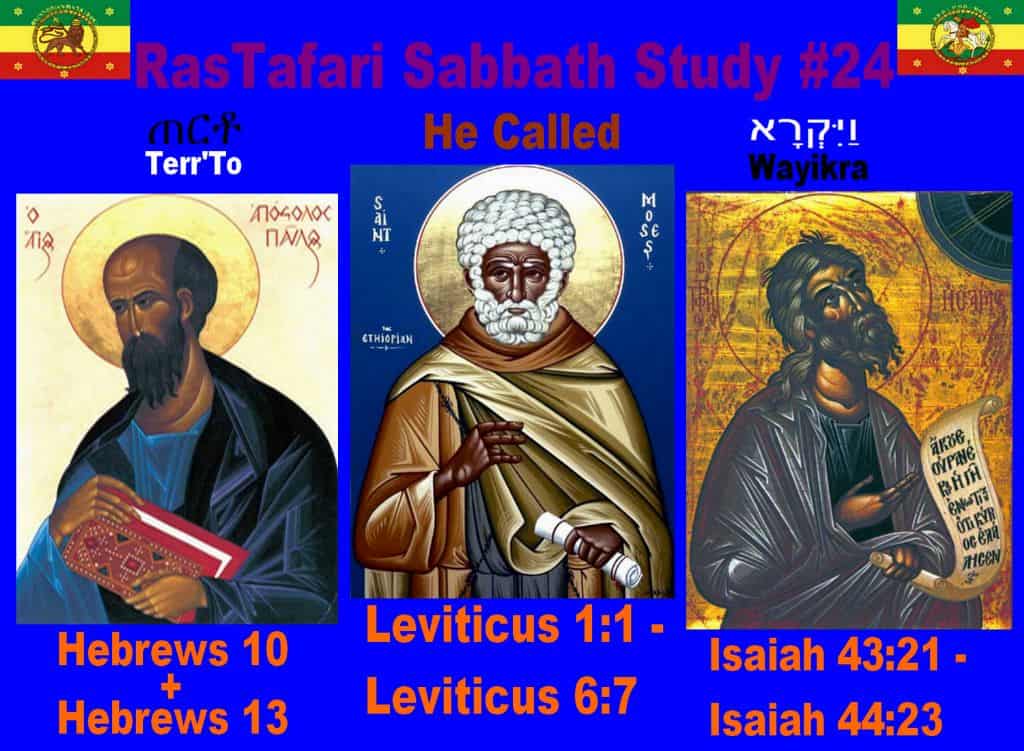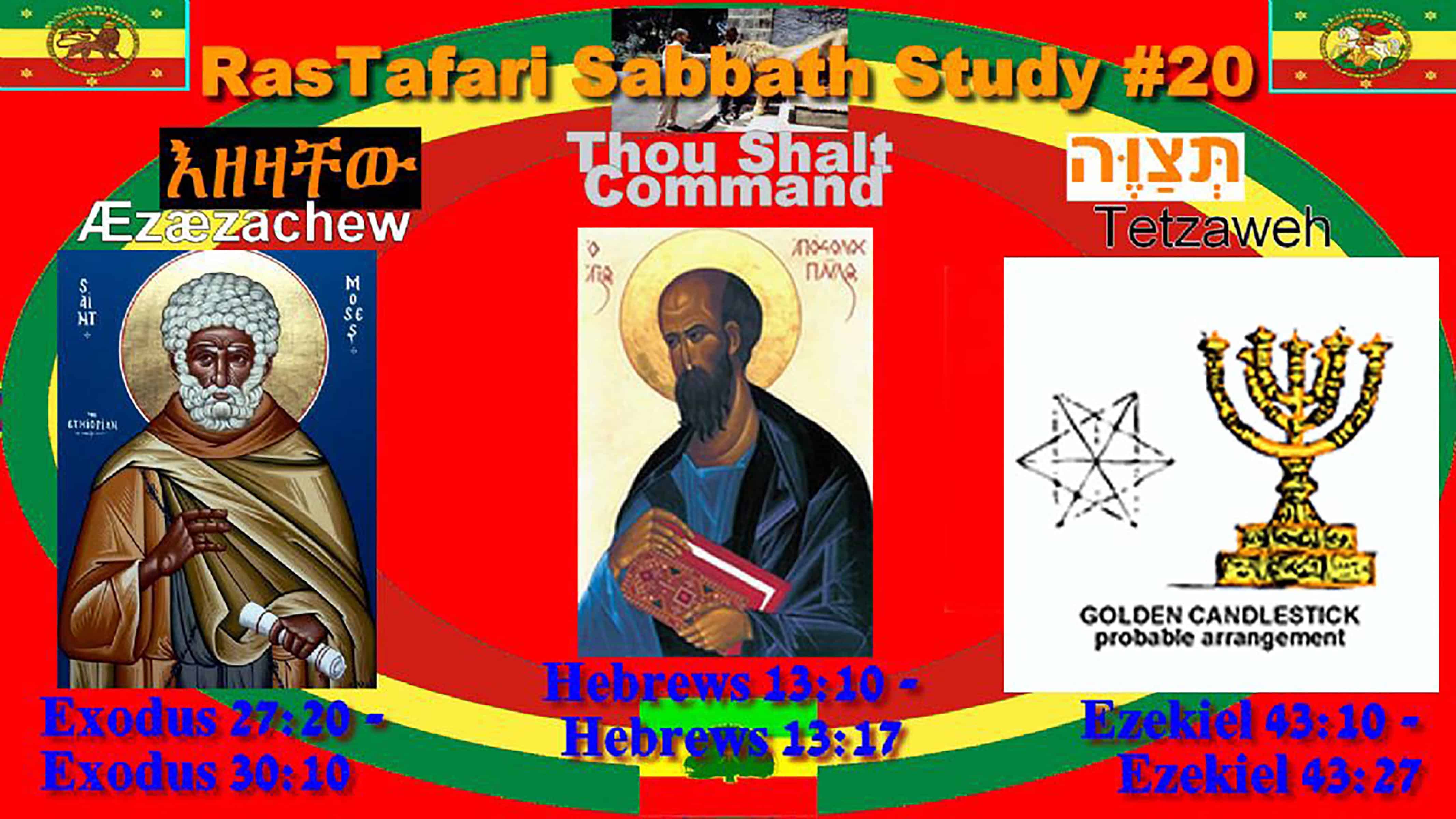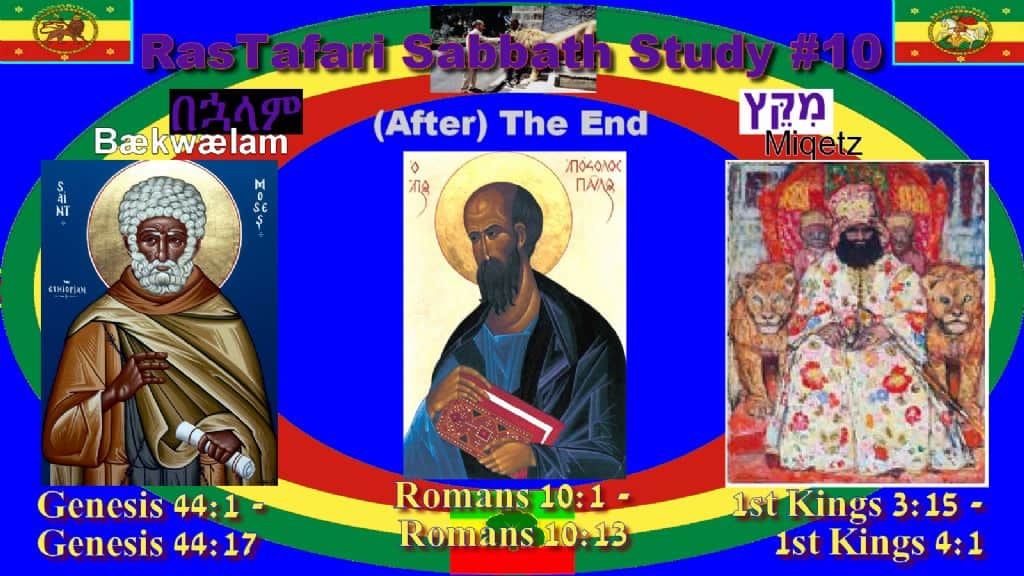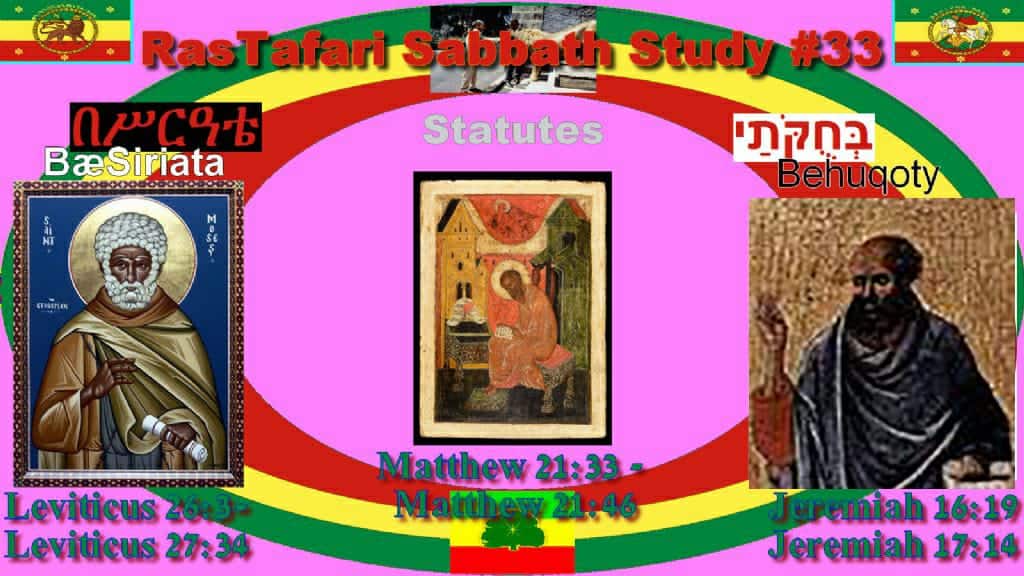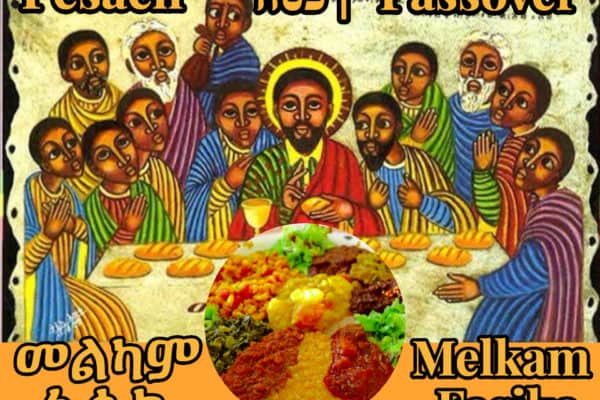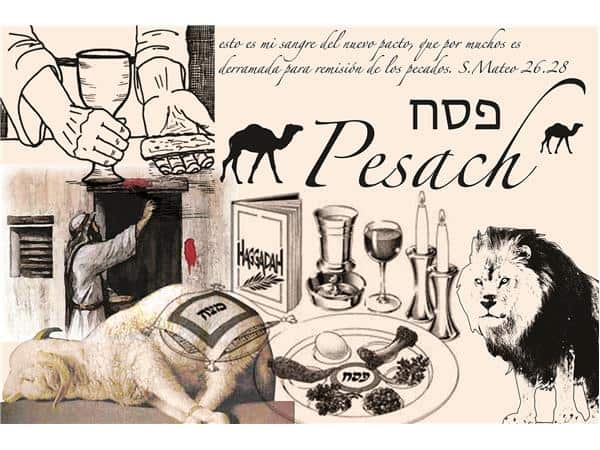This Week's Portion #54
Vzot Haberakhah | וְזֹאת הַבְּרָכָה | "And this blessing" የባረከባት | ’yeBarekebat
*For a PDF version of All the Torah Portions Schedule, click here to download!
1. Torah Reading
Deuteronomy 31:1-34
- 1.1 First reading — Deuteronomy 33:1–7
- 1.2 Second reading — Deuteronomy 33:8–12
- 1.3 Third reading — Deuteronomy 33:13–17
- 1.4 Fourth reading — Deuteronomy 33:18–21
- 1.5 Fifth reading — Deuteronomy 33:22–26
- 1.6 Sixth reading — Deuteronomy 33:27–29
- 1.7 Seventh reading — Deuteronomy 34
2. Prophets Reading
Joshua 1:1-18
3. New Testament Reading
Rev 22:1-5
Portion Outline - TORAH
- DEUTERONOMY 33:1 | Moses' Final Blessing on Israel
- DEUTERONOMY 34:1 | Moses Dies and Is Buried in the Land of Moab
Portion Outline - PROPHETS
- JOSHUA 1:1 | God's Commission to Joshua
- JOSHUA 1:10 | Preparations for the Invasion
Portion Study Book Download & Summary
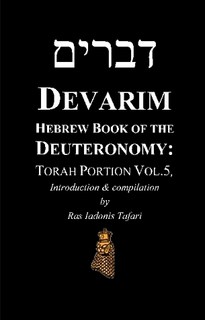 DEVARIM Hebrew Book of Deuterronomy - Torah Portion Vol.5 (FREE PDF)
DEVARIM Hebrew Book of Deuterronomy - Torah Portion Vol.5 (FREE PDF)
The fifty-fourth and last reading from the Torah begins with the words Vezot ha'Bracha, which means "and this is the blessing." These are the first words of Deuteronomy 33:1. This Torah portion is ordinarily read on the day of Simchat Torah ("Rejoicing of the Torah") in conjunction with the beginning of the book of Genesis to mark the conclusion of one year's Torah cycle and the beginning of the next. The portion contains Moses' final blessings over the twelve tribes, his ascent up Mount Nebo to overlook the land of Canaan, and his death and burial.
Portion Commentary
Thought for the Week:
Prior to the revelation through Moses, human beings might have deduced the existence of a creator, but our knowledge of that creator would have been limited to inferences from observation. Moses introduced God to the world. The LORD disclosed Himself to His creation through Moses. When God revealed Himself to mankind through the revelation of His Torah, it was as if He declared, “Allow me to introduce myself. I’m God.”
Commentary:
The revelation of God is called “the glory of God.” To “glorify God” means to accurately reveal God’s true person. For example, Moses said to God, “Show me your glory” (Exodus 33:18). He meant, “Show me who you really are. Reveal yourself to me.” The Torah is a book of glory, a revelation of who God is.
When we receive an insight about God or see an accurate depiction of God’s person, we perceive a little bit of His glory. The prophets called this type of divine revelation “the knowledge of the LORD.” The revelation of the glory of God, which is also called the “knowledge of the LORD,” thematically unifies the whole of Torah and the whole Bible. It ties all the stories of the Bible together from Genesis all the way through history to the end of Revelation and back again. The Bible tells the story of the glory of God; it is God’s book. We can sum up the whole Bible in five simple words: “The LORD reveals His glory.”
Those same five words describe the Messianic Era, a day in which the Almighty will pour out His Spirit on all flesh so that even the least of the least will receive a revelation of God on par with the greatest prophets in this current era. In that day, no man will need to teach his neighbor about God. No preacher will need to say, “Know ye the LORD!” They will all know Him, from the least to the greatest, and “the earth will be full of the knowledge of the LORD as the waters cover the sea” (Isaiah 11:9). It is the business of the disciple to live now for the realization of this Messianic Age.


